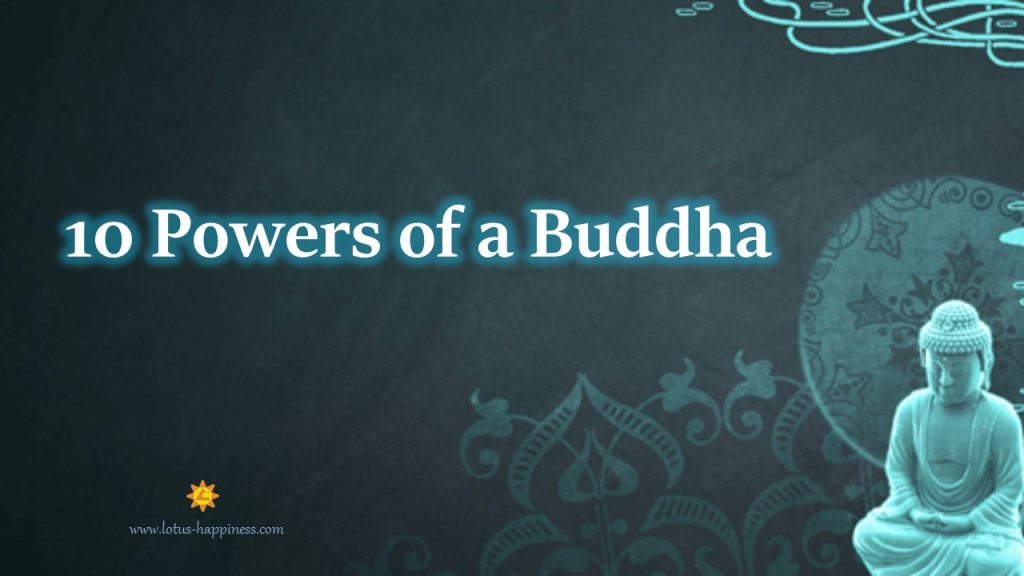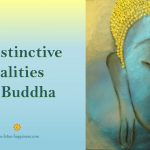
10 Powers of a Buddha
“Because Devadatta was a good friend of mine, I was able to fully master Six Paramitas; develop benevolence, compassion, joy, and non-attachment; and be endowed with Thirty-Two Features, Eighty Types of Physical Elegance, purplish-golden skin, the Ten Powers, Four Kinds of Fearlessness, Four Social Rules, Eighteen Distinctive Qualities, and Divine Powers of the Way. Hence, the reason I was able to attain Supreme Perfect Enlightenment to widely save all living beings was solely due to the good friend of mine—Devadatta.” (LS 12: 2.2)
What is power in the context of Buddhism? Is it power that means social status or leadership position? Or the supernatural power of moving mountain or wilting a fig tree?
Contrary to some other religious figures, the powers of a Buddha are not for the purpose of flaunting the supernatural powers on a whim. While there are numerous accounts of Shakyamuni Buddha displaying transcendental powers, all the powers of the Buddha – supernatural or not – are for the purpose of guiding all living beings toward Buddhahood.
A Buddha has numerous virtues, features, and powers such as Six Paramitas, 32 Features, Four Kinds of Fearlessness etc. One of which is the Ten Powers. These Ten Powers are the abilities to perceive the true realities of phenomena as they are for the purpose of awakening the Buddha-nature in a person. Some of these powers such as the power to understand the karmic causality and the power to remember innumerable past lifetimes are transcendental.
According to Majjhima Nikaya 12 and Samyutta Nikaya 12, the Buddha is said to have Ten Powers as follows:
(1) the power of knowing what is true and what is not;
(2) the power of knowing karmic causality at work in the lives of all beings throughout past, present, and future;
(3) the power of knowing all stages of concentration, emancipation, and meditation;
(4) the power of knowing the conditions of life of all people;
(5) the power of judging all people’s levels of understanding;
(6) the power of discerning the superiority or inferiority of all people’s capacity;
(7) the power of knowing the effects of all people’s actions;
(8) the power of remembering past lifetimes;
(9) the power of knowing when each person will be born and will die, and in what realm that person will be reborn;
(10) the power of eradicating all illusions. Some explanations of the ten powers give a different order or differ slightly in content.











